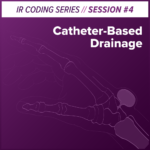
Artificial Intelligence in Action: New Cardiology Codes, New Challenges, and New Opportunities in 2026
Artificial intelligence (AI) is transforming the way healthcare operates on a systemic level, creating revolutionary change, promise, controversy, and new challenges. This rapid evolution may












